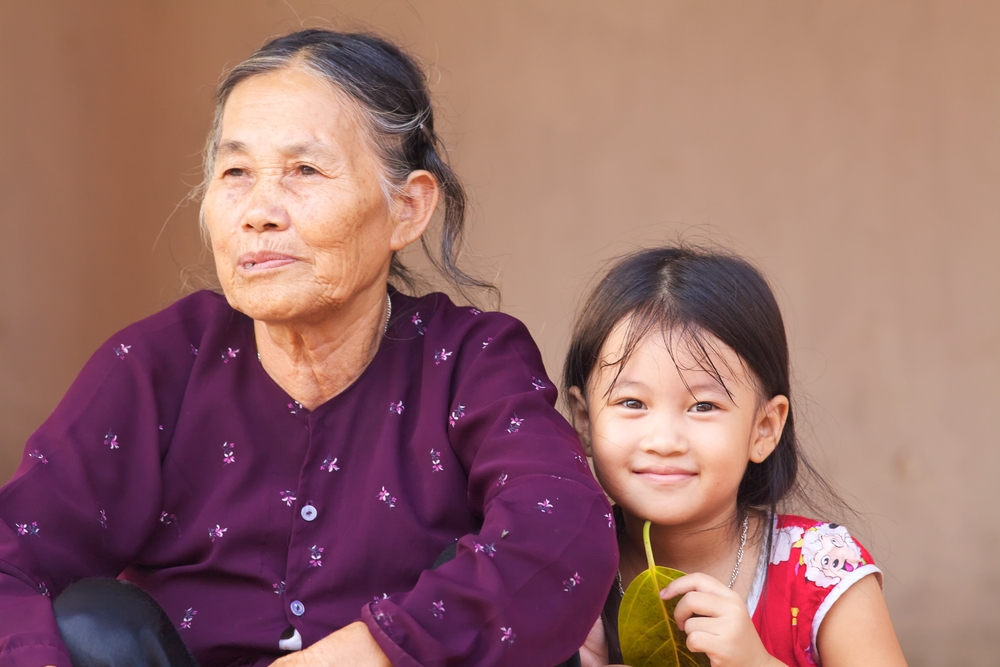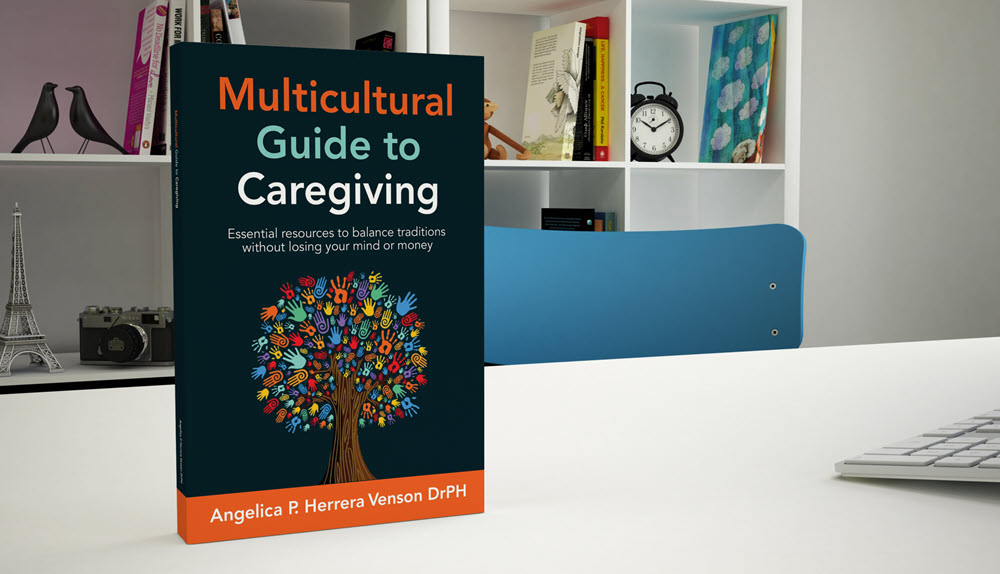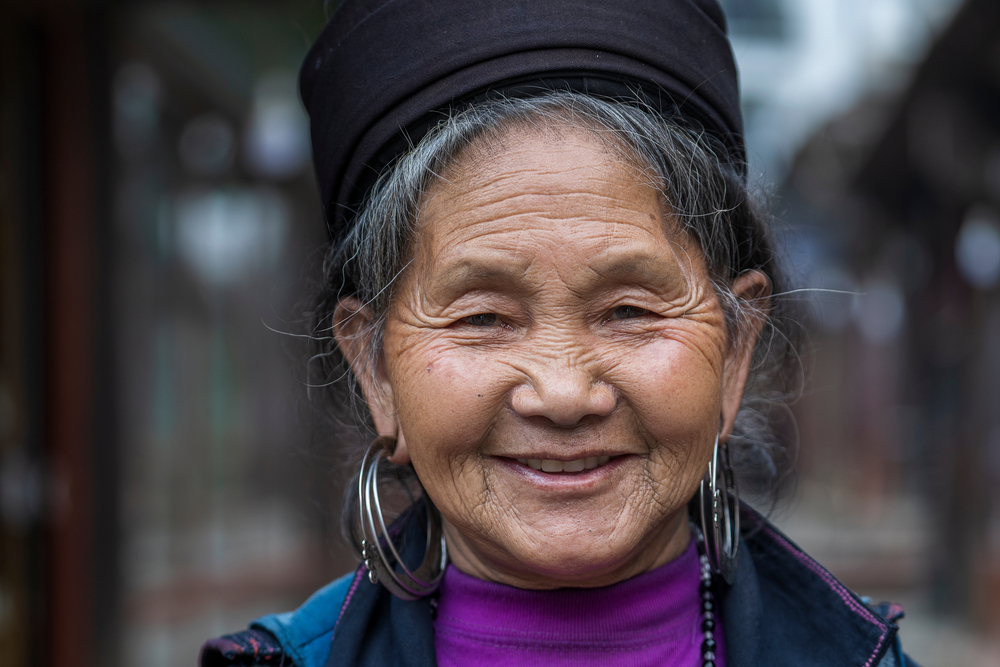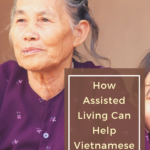
Historically, in Asian culture, children have assumed the role of caretaker when their parents(s) become elderly. This has often involved living in multicultural households, where it is easy to provide support and everyone can work together to find the best outcomes.
This tradition has meant that the role of caregiver is often an expected one and adult children may feel like doing so is their duty.
Things, however, are changing as lives become busier and as families spread out and move farther away from each other. Family size is often decreasing as well, so there are fewer children to care for parents.
These patterns can be especially true for Vietnamese Americans, as people that have moved to America often find that they do not have the same wide family support structure that they had back home. Finding new approaches is essential for ensuring the best outcomes for everyone involved.
Assisted living is one approach that can help seniors and caregivers, providing more support and better care than the caregiver could ever offer on their own.
If you reside in the U.S., check out our new book, Multicultural Guide to Caregiving. Our goal is to help families with roots in countries outside of the U.S. to better tackle caring for aging parents, even from a distance.
We connect you to critical benefits and social services in the U.S., as well as strategies for managing the financial demands of elder care across the seas.

The Advantages of Assisted Living
Assisted living sometimes has a bad reputation. It can be seen as a way to avoid caregiving duties, with adult children choosing to ‘put their parents in a home’. Yet, in practice, assisted living can significantly improve the quality of life for the senior and provide peace of mind for family members.
One reason is clear in the name. Assisted living means that the senior is provided with more support than they would have when living alone.
This generally isn’t the same level of support as a live-in caregiver, but it can be more than an adult child can easily provide from a distance. The approach provides peace of mind for the adult child too, as they know that their family member is safe and cared for.
Another reason is that adult children rarely ever have any caregiver skills or training. They’re often forced to figure things out as they go along, which can be stressful for everyone involved. Taking this approach also means that the caregiver may make many mistakes along the way, some of which could even be dangerous.
For seniors with complex healthcare challenges, assisted living can be a safer and more secure environment than being cared for by a loved one. After all, staff members at assisted living facilities are trained in their roles, so they’re able to provide consistent high-quality support.
There’s the burden on adult children to consider too.
Caregiving is rarely easy. Some people find joy and a sense of purpose in the role, but even then, it can all be quite overwhelming at times. Some caregivers suffer compassion fatigue and burnout. Such outcomes can dramatically decrease the caregiver’s ability to support their family member.
And finally, assisted living isn’t all bad anyway.
It provides an environment for social connection, where seniors are able to interact with other people of a similar age. Assisted living facilities often organize activities for residents as well. The end result is that seniors can feel happier and less isolated in an assisted living facility than they ever did living on their own or with family members.
With all these benefits, it shouldn’t be surprising that more and more Vietnamese Americans are seeking assisted living facilities as an option. However, there is a shortage of facilities that cater specifically to Asian communities.
In many cases, people end up looking into assisted living for Vietnamese Americans, but the options available can make this a confusing and challenging task. One powerful approach is to reach out to groups that work with Vietnamese Americans, like VietAID in Boston. Such groups will have a better idea of the options avaliable and which ones are best suited to your situation.
A Case Study of Assisted Living

In the article linked below, Cristina Quinn interviews a mother and daughter who had to grapple with this very issue and describes their experience in seeking out formal support services, backlash from family, and ultimately finding comfort in the decision to move the mother into an assisted living facility.
Dorchester Mother, Daughter Upend Vietnamese Elder Care Tradition
Since entering the facility, her mother expressed that she feels less lonely, and is surrounded by newfound friends though she does wish more Vietnamese seniors could join her.
The aging mother featured in the article is just one example of such a pattern. There are more and more cases of people rebelling against traditional caregiving roles and expectations – and choosing to seek their own solutions instead.
Doing so is important, as every situation is different. If you simply give into social expectations without weighing things up, then you risk creating a situation that isn’t good for you or for your family member.
In practice, there is no one-size-fits-all solution.
The best thing to do is to think seriously about the options in front of you. Do your research and work out what each has to offer, and what the pros and cons are. Getting outside advice can help as well, as there is less risk that you’ll get biased by your own emotions.
And, of course, talk to your aging parent. When you do so, don’t just think about which situation they want the most, but also what outcomes they’re looking for.
For example, many people want to stay at home as they age. There’s a certain amount of comfort and security to doing so. Yet, aging at home isn’t always as good as it sounds. For seniors who struggle with their mobility, aging at home can easily become a lonely situation, one that might even be dangerous.
Vietnamese Americans in Boston
There are currently more than 30,000 Asian Americans in the Greater Boston area alone, which is where the article was published. Vietnamese Americans make up a notable percentage of this population.
The nonprofit organization VietAID provides support to Vietnamese Americans in the area through a variety of programs, including a senior day program. The day program offers an easy way for Vietnamese American seniors to find social connections with other people from the same background.
Final Thoughts
The myths surrounding assisted living facilities within the Asian community are slowly breaking down. This should help seniors and adult children in the long run, giving them more flexibility and confidence to find solutions that work for their situation.
Assisted living won’t always be the best solution. Some people find that the level of care isn’t what they expected, while others don’t have enough money to move their loved one into assisted living.
Once again, the most important thing is to consider the options in front of you.
And, if you are going to take the caregiving route, then be sure to look for support. Caregiving forums can be powerful ways to find advice and to get a sense of connection. There will also be resources in your local community. Some may be targeted at Vietnamese Americans specifically, while others may just focus on seniors or caregivers.
The importance of support can’t be overstated. To live well, humans need connection. We need to feel a sense of belonging and to feel like we are seen.
Finally, you can also check out our list of caregiving products by clicking on the button below. These are all items that can improve your journey. Some help you as a caregiver, while others help the senior to stay independent.


Leave a Reply